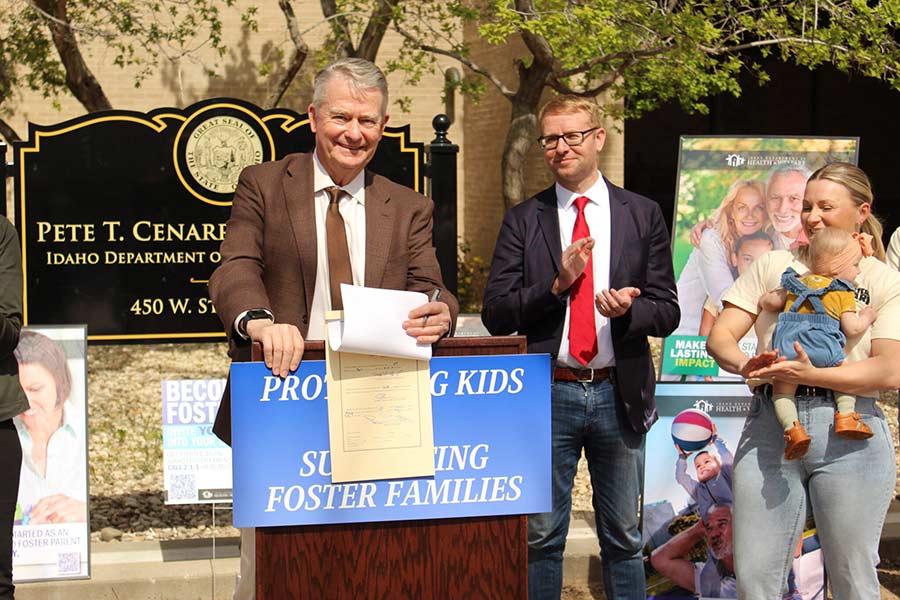Mamdani Urges NYPD to Step Back from Mental Health Crisis Response: A Bold Proposal for New York City

In a striking moment during a town hall meeting with NYPD officers on Tuesday night, Democratic mayoral nominee Zohran Mamdani delivered a message that’s likely to resonate deeply within the city’s ongoing debate about policing and public safety. Mamdani argued that NYPD officers shouldn’t be the primary responders to mental health crises, a position that has drawn both support and criticism in recent weeks.
The meeting, held amidst scrutiny of Mamdani's past social media commentary regarding the police, presented a unique opportunity for the candidate to directly address law enforcement professionals. His stance, essentially advocating for a shift in responsibility away from the police and towards trained mental health professionals, reflects a broader movement to reimagine public safety in New York City.
“I believe that the NYPD are not best suited to handle these situations,” Mamdani stated, emphasizing the potential for escalation and the lack of specialized training among officers. He argued that deploying mental health professionals, social workers, and crisis intervention teams would lead to more effective and compassionate responses, ultimately de-escalating situations and providing individuals in crisis with the appropriate support.
The proposal isn’t new – many cities across the US have already begun implementing similar models, often referred to as co-responder programs or crisis intervention teams. These programs typically involve pairing police officers with mental health professionals, allowing for a collaborative approach to responding to mental health calls. However, Mamdani’s suggestion goes further, advocating for a more significant reduction in police involvement.
Critics of the plan raise concerns about public safety and the potential for delays in responding to emergencies. They argue that police officers are often the first on the scene and their presence can be crucial in preventing violence. However, Mamdani countered that the current system often leads to unnecessary arrests and trauma for individuals experiencing mental health crises. He envisions a system where mental health professionals are dispatched as the primary responders, with police involvement reserved for situations where there is an imminent threat of violence.
The conversation highlights a fundamental question facing New York City: how to best address the complex intersection of mental health, public safety, and policing. As the mayoral election approaches, Mamdani's proposal is sure to fuel further debate and shape the discussion around how the city approaches these critical issues. The potential for a more humane and effective response to mental health crises is a compelling argument, but the practical challenges of implementation remain a significant hurdle. It remains to be seen whether New Yorkers will embrace this bold vision for a reimagined public safety system.
This position, while potentially controversial, underscores Mamdani's commitment to addressing systemic issues and finding innovative solutions to the challenges facing New York City. It signals a willingness to challenge established norms and prioritize the well-being of vulnerable populations.





